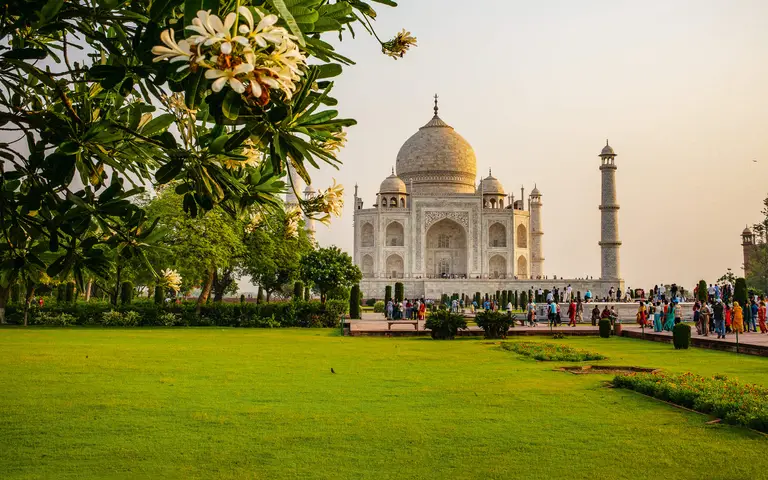Religion is a belief system that involves the worship of a deity or deities, and it has been a significant part of human culture and society for centuries. It plays a crucial role in shaping cultural practices, influencing social norms, and promoting social cohesion. In this essay, we will discuss the role of religion in culture and society, the positive and negative effects of religion, contemporary issues related to religion, and the importance of understanding the role of religion.
The Role of Religion in Culture
Religion plays a significant role in shaping cultural practices. It can influence how people dress, what they eat, and how they celebrate. Religion also plays a role in preserving cultural identity by providing a shared set of values and traditions. However, religion can also contribute to cultural conflicts, particularly when different religious groups hold opposing beliefs and practices.
The Role of Religion in Society
Religion plays a crucial role in promoting social cohesion by providing a sense of community and shared values. It can also influence social norms by shaping attitudes towards topics such as marriage, gender roles, and sexuality. However, religion can also contribute to social division when different religious groups hold opposing beliefs and values. Religion also has the potential to impact social justice issues, as it can either promote or hinder progress towards equality and justice.
The Positive and Negative Effects of Religion
Religion has both positive and negative effects. On the positive side, religion can promote moral values, provide a sense of community, and offer comfort during times of hardship. However, on the negative side, religion can reinforce harmful stereotypes, contribute to social division, and be used to justify violence and oppression.
Contemporary Issues Related to Religion
Contemporary issues related to religion include the role of religion in politics, the impact of secularization on religion, and the intersection of religion and human rights. Religion has been used as a tool in political campaigns and policy-making, and its influence on politics can have far-reaching consequences. The impact of secularization on religion is also a significant issue, as an increasing number of people are identifying as non-religious. The intersection of religion and human rights is also a critical issue, as religious beliefs and practices can sometimes conflict with human rights principles.
Conclusion
In conclusion, religion plays a significant role in culture and society. It shapes cultural practices, influences social norms, and promotes social cohesion. However, it can also contribute to cultural conflicts and social division. Religion has both positive and negative effects, and contemporary issues related to religion include the role of religion in politics, the impact of secularization on religion, and the intersection of religion and human rights. Understanding the role of religion is crucial in promoting tolerance and respect for diversity, and it is essential to recognize the potential positive and negative impacts of religion on culture and society.





